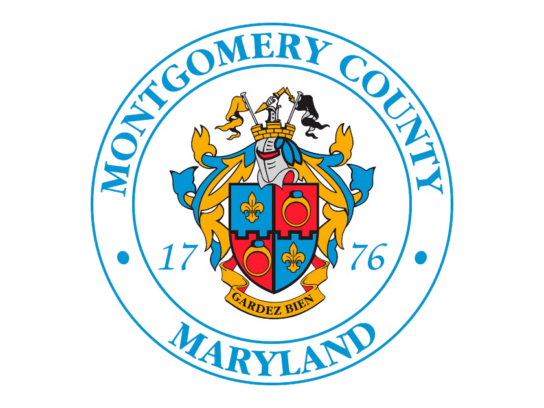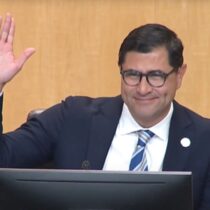
The Montgomery County Charter Review Commission seeks public input on three proposed amendments.
The proposals involve how the council president is elected, whether the county executive can appoint people to some jobs without council approval and the number of council members needed for a majority vote on the budget.
On March 6, there will be an in-person meeting at the County Council building on Rockville from 2 p.m. to 3:30 p.m. and a virtual session that evening, from 7 p.m. to 8:30 p.m.
For information on how to register to speak or attend virtual, click here.
The 11-member charter commission is charged with recommending to the county council which, if any, of the proposals should be placed on the ballot.
The first proposal would allow voters to directly elect an at-large member to the council who would also serve as council president for the entire four-year council term.
The charter commission also is considering allowing council to pick a president to serve a two-year term, rather the current one year.
The second amendment covers the operating budget and property tax revenue. Currently, the council uses such variables as inflation rate and expected revenue from taxes to create spending affordability guidelines. Then the executive submits a proposed operating budget, which may not necessarily be within the council’s spending guidelines.
The proposed charter change would require a two-thirds majority vote if the executive’s proposed budget exceeds the councils. Currently, different numbers of council support are needed when determining the budget and tax increases. Those numbers were established when the council had nine members. It currently has 11.
The third proposal would allow the county executive to fill certain non-merit positions without council approval, which currently is needed now.
The council has not publicly announced its positions on these three proposals, but Council Vice President Andrew Friedson explained his personal views earlier this week.
He saw “a benefit to having the public decide” who would be council president, noting it would “strengthen the institution” if one person served as president for the council’s four-year term.
Friedson does not favor giving the executive the power to make appointments without the council weighing in.
“I understand why any executive would not want to have checks and balances,” he said. However, he believes that would make appointments less accountable to the public.
“I have concerns about this.”


Comments are closed.